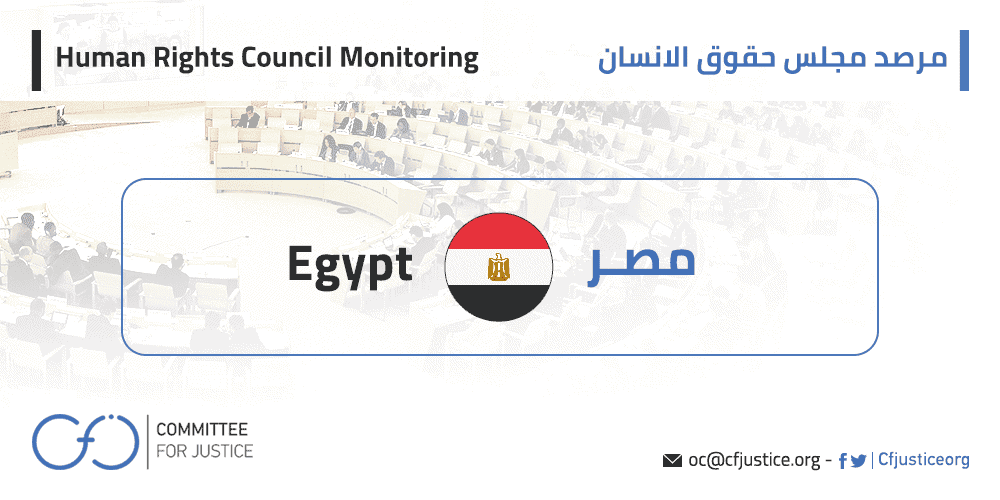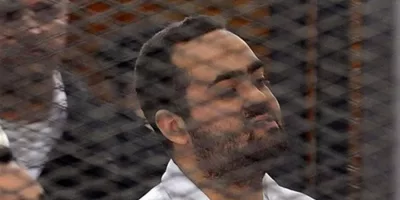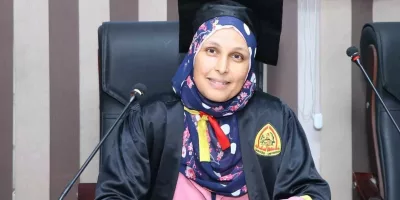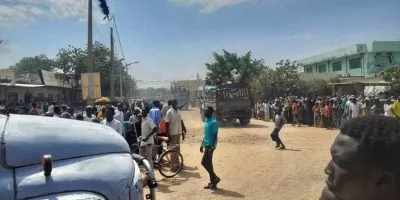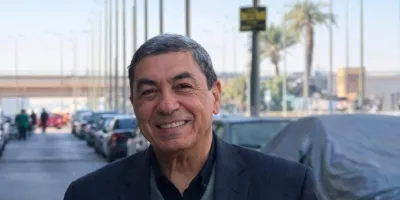News briefing
Edited by: Committee for Justice
Geneva: February 21, 2021
A group of UN experts sent a memorandum to the Egyptian authorities regarding the denial of adequate and timely health care in custody, leading to the deaths of Ibrahim Hassan Abdel Ghany Al-Batea, Magdy Taha Mohamed El-Qalawy and Tony Hasan Khalifa Farghal.
In their memorandum, sent on December 21, 2020 to the authorities in Egypt, to which they have not yet replied, the experts expressed their grave concern about the alleged refusal of appropriate and timely medical care during detention leading to the death of Al-Batea, El-Qalawy and Farghal. The experts pointed out that the alleged facts indicate multiple violations of human rights, including the violation of the right to health, the lack of due process, and arbitrary detention, all of which may contribute to arbitrary deprivation of life. Death resulting in whole or in part from the denial of appropriate and timely medical care is, by definition, an arbitrary death for which the State is responsible.
The facts of the case and death of Ibrahim Hassan Abdel Ghany Al-Batea:
Al-Batea, who resided in Al-Zagazig District in the Sharkia Governorate, was arrested on June 11, 2019, at 5 am by police officers in uniforms and members of the National Security apparatus in plainclothes. No arrest warrant was shown. On the same day, he appeared before the Emergency State Security Prosecution, in the presence of his lawyer, in Case No. 1137/2019, and was charged with belonging to a banned group, and he was remanded to Al-Zagazig Security Centre.
Before his detention, Al-Batea had suffered from a chronic cough. His health had deteriorated due to the prolonged period of pretrial detention. On January 28, 2020, Al-Batea fractured his bone in his cell whilst changing clothes and was transferred to Al-Zagazig Public Hospital; and he did not receive any medical follow-up there, and he lost the ability to move, amid his family’s request for treatment at their own expense. The request for treatment was eventually granted after a delay, but the medical authorities refused to receive him several times, which led to his death on February 9, 2020, amid the denial of the Cancer Division at the University Hospital in Al-Zagazig to receive him for not completing administrative requirements.
The facts of the case and death of Magdy Taha Mohamed El-Qalawy:
El-Qalawy, who worked as a primary school director and resided in Menya El-Qamh district in the Sharkia governorate, was arrested on January 16, 2019, at 2:30 am, when uniformed police officers and members of the National Security agents in plainclothes raided and searched his house and arrested him without showing an arrest warrant.
On the same day, he appeared before the State Security Prosecution, in the presence of his lawyer, in Case No. 108/2019, and he was charged with organizing a meeting of more than five persons with the aim of endangering the public peace, using force and protesting without a permit, and he was taken to the Menya El-Qamh police station.
On October 19, 2019, a court found him innocent of the charge of using force. Nevertheless, he was convicted of gathering more than five people with the aim of endangering public peace and protesting without permission and was sentenced to two years imprisonment and a fine of 50,000 EGP.
Before his arrest, El-Qalawy had undergone surgery and was seeing a specialist. During his detention in the Menya El-Qamh police station, El-Qalawy was suffering from severe pain amid requests from his family for blood tests. After submitting several requests, permission for El-Qalawy to be examined was finally granted. The tests proved that he had a serious health problem that required urgent X-rays, which was rejected by the administration of Wadi al-Natrun prison, where he was transferred.
He was transferred to the Liver Institute several times, amid refusal to receive him for not fulfilling administrative requirements, during which he was transferred to Shebin Al-Koum prison, and the prison hospital didn’t allow him to take required medication, and he was denied medication from outside prison, and on February 8, 2020, El-Qalawy died in his place of detention.
The facts of the case and death of Tony Hasan Khalifa Farghal:
Farghal, a former employee of the National Post, who resided at Minya Governorate, Mallawi Center, was arrested on March 2, 2017, when police and National Security officers, wearing uniforms and plainclothes, raided his house, searched it, and threatened the persons associated with him, and his fate remained unknown for two days.
On March 4, 2017, Farghal appeared before the Public Prosecution under three cases (222/2015, 311/2015, 267/2015) related to the storming of the Mallawi Court, the storming of the Mallawi Museum, and the storming of the City Council of Mallawi, and was able to meet his lawyer for the first time. His lawyer was not allowed to visit him in prison, and he was only able to meet his client during the hearings. Farghal was sentenced to 5 years imprisonment in each of the first and second cases, and he was found innocent in the third case.
Farghal was placed in Liman Prison in Minya, where he was held in a cell with 40 other people, with no ventilation or a bathroom. He was also deprived of his right to daily exercise, and the persons associated with him were unable to deliver him food, medicine, or hygiene products, and they were instead only able to provide money to buy necessities in prison.
On November 18, 2018, his pain intensified, and he started experiencing multiple diseases; and was transferred to Assiut prison for examination by a medical specialist, but it did not happen and he was later returned to Liman Minya Prison, where his health deteriorated, and he died on March 13, 2020.
UN demands from the Egyptian authorities:
At the conclusion of their memorandum, the experts called on Egyptian authorities to clarify the factual and legal grounds for the arrest and detention of the aforementioned and details of the legal measures taken against them, including the legal assistance provided and the extent to which this is in line with Egypt’s international human rights obligations.
The experts also called on Egypt to provide information about the medical care provided to the aforementioned individuals and to include information on each request submitted by the persons associated with them or the individuals themselves to conduct examinations or treatment, whether each request was approved or rejected, the time taken to make a decision, and the reasons for the decision.
They also called on Egypt to provide information on the steps taken by authorities to investigate the deaths of the aforementioned people, and include information on any disciplinary and judicial action taken to ensure accountability for anyone who is found responsible, in addition to any compensation provided to their families.

